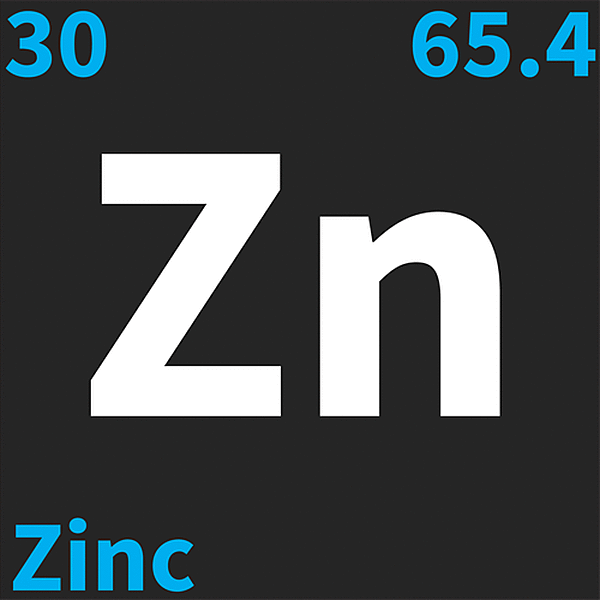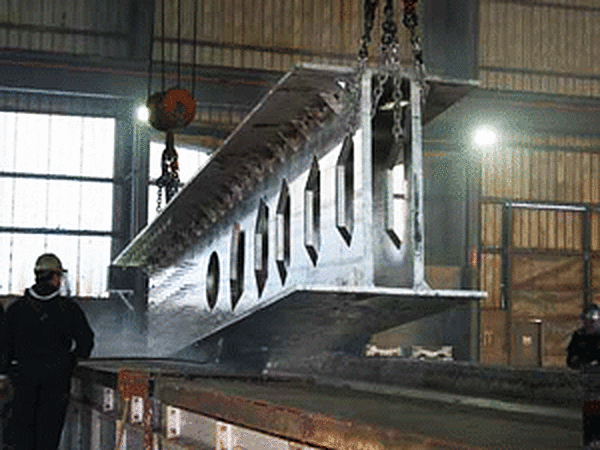What role does zinc play in human health?
Zinc is an essential micronutrient for human health. It is vital for activating growth and physical and neurological development in infants, children and teenagers. Zinc is found in all parts of the body. It is a component in more than 300 enzymes and influences hormones. Zinc also accelerates cell division and enhances the immune system. Zinc is vital in protecting the body from illnesses and fighting infections. It can reduce the duration and severity of a common cold and halt diarrhea.

Zinc is supplied to the body through a diversified diet which is inaccessible to large parts of the population in developing countries who live on crops which are often low in zinc, particularly when grown on zinc deficient soils. In addition, crops contain phytates which inhibit the absorption of zinc.
Two billion people worldwide are not getting enough zinc through their diet. Zinc deficiency is a major health problem in developing countries. Young children are most impacted. Zinc deficiency weakens their immune system and leaves them vulnerable to infectious diseases such as diarrhea, pneumonia and malaria which claim millions of lives of children under the age of five every year. Zinc deficiency is also accountable for physical and intellectual retardation and stunting, preventing children from developing to their full potential.
UNICEF estimates that diarrhea accounts for nearly 2 million deaths among children under the age of five every year. The children become dehydrated, losing all body fluids and nutrients. Diarrhea is a preventable and treatable disease, but in developing countries, only 35% of children with diarrhea receive the recommended treatment consisting of oral rehydration salts and zinc supplements.

Over a 10-14 day period, 20 mg of supplemental zinc is sufficient to stop diarrhea and stave off further bouts for three months. Zincs effectiveness in fighting diarrhea has been known since the 1990s but has been neglected for a long time. Since 2004 UNICEF and WHO have been recommending efforts to implement zinc supplementation for diarrhea treatment. Preventative zinc supplementation is suggested as part of a multiple micronutrient supplement for children less than five years in high risk areas and in emergencies.
Although worldwide child survival has been improved during the last 20 years, about 8.8 million children die unnecessarily every year (UNICEF 2009). Zinc supplements, along with other vitamin and micronutrient supplements, can help supply the children with the essential amount of nutrients necessary to survive, grow and develop to their full potential.
Zinc supplements rank high on the list of child survival interventions. Zinc is particularly effective in treating diarrhea and shows good results in supporting the treatment of pneumonia.
In 2008, a group of internationally acclaimed economists, including five Nobel Laureates, concluded that combating the worlds malnutrition problem through the provision of vitamin A and zinc ranked high among the various cost-effective solutions to the worlds pressing problems. They calculated that for every dollar invested in zinc supplements, there would be a return of US$ 17.
© 2026 American Galvanizers Association. The material provided herein has been developed to provide accurate and authoritative information about after-fabrication hot-dip galvanized steel. This material provides general information only and is not intended as a substitute for competent professional examination and verification as to suitability and applicability. The information provided herein is not intended as a representation or warranty on the part of the AGA. Anyone making use of this information assumes all liability arising from such use.

